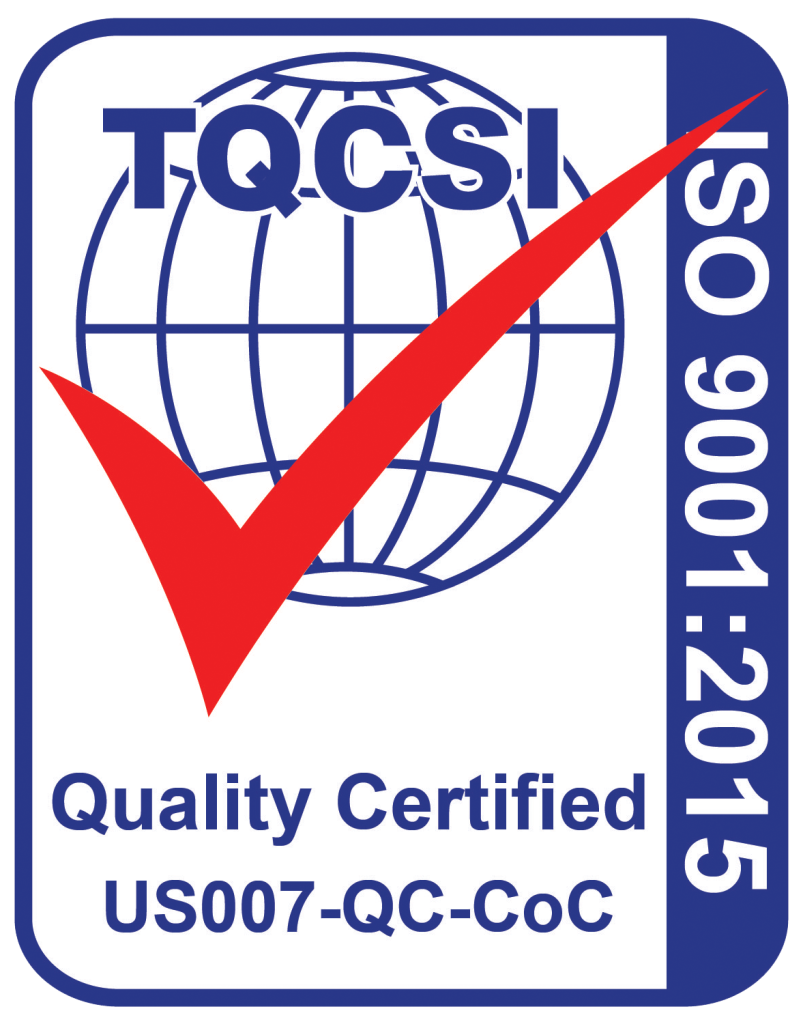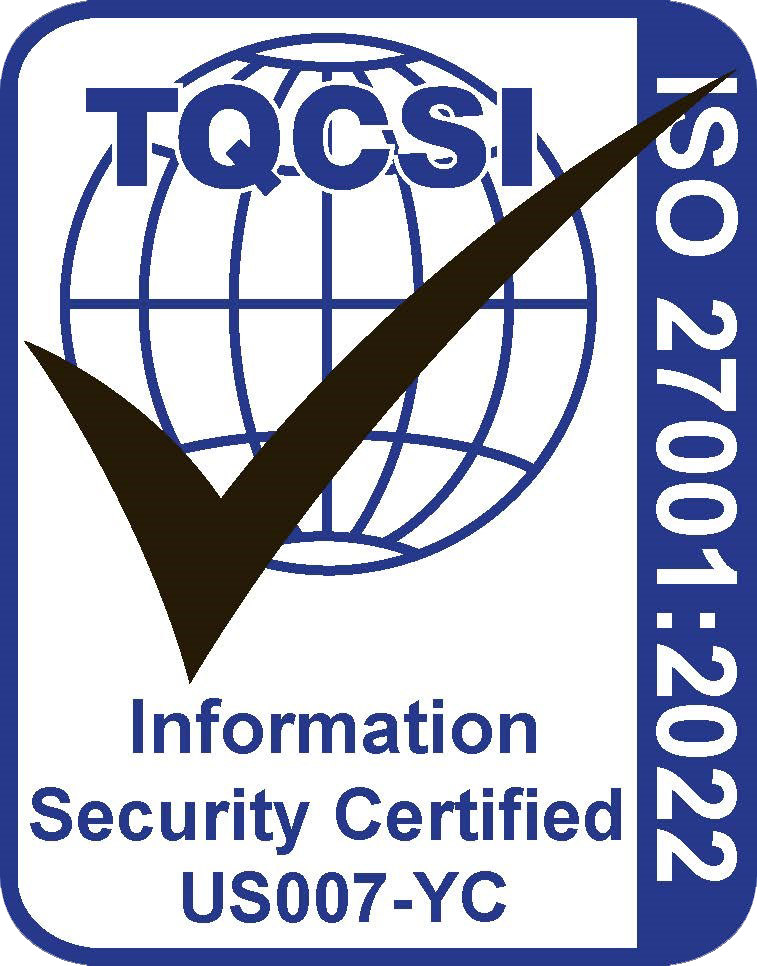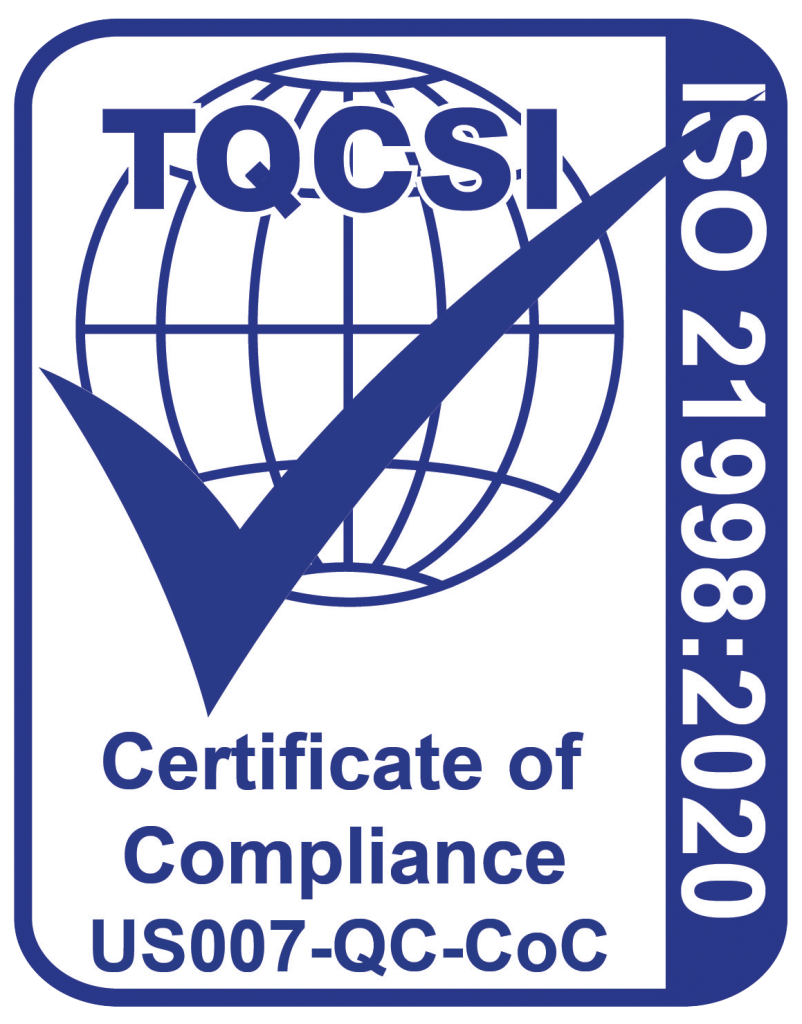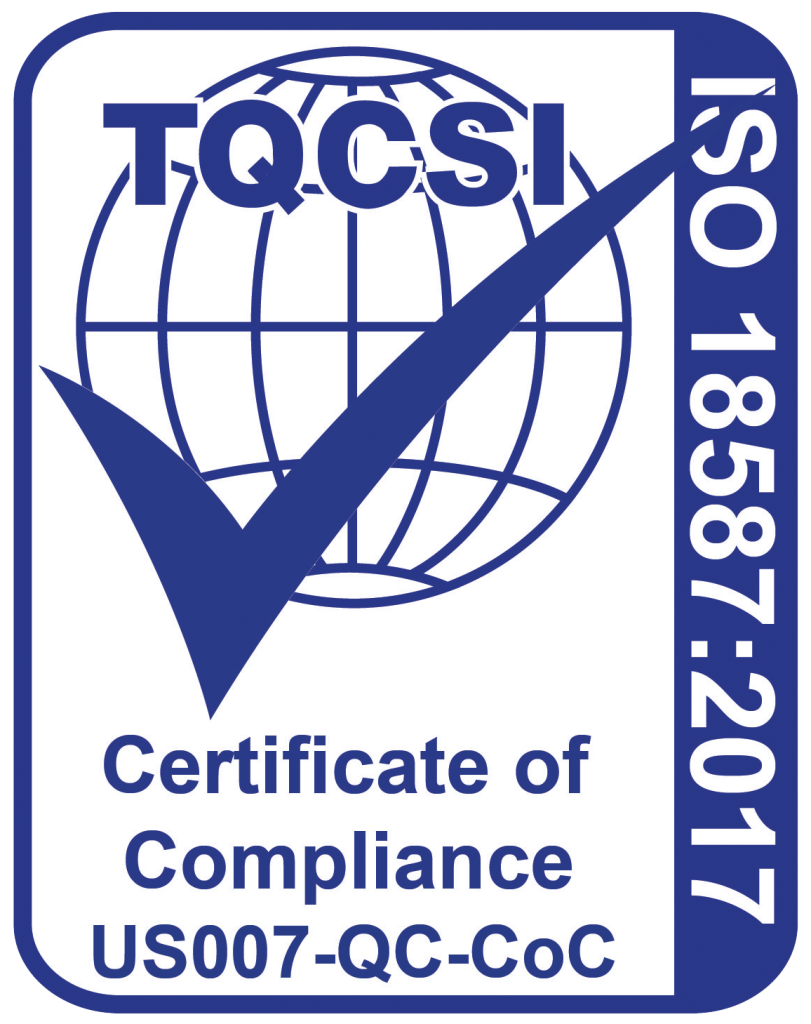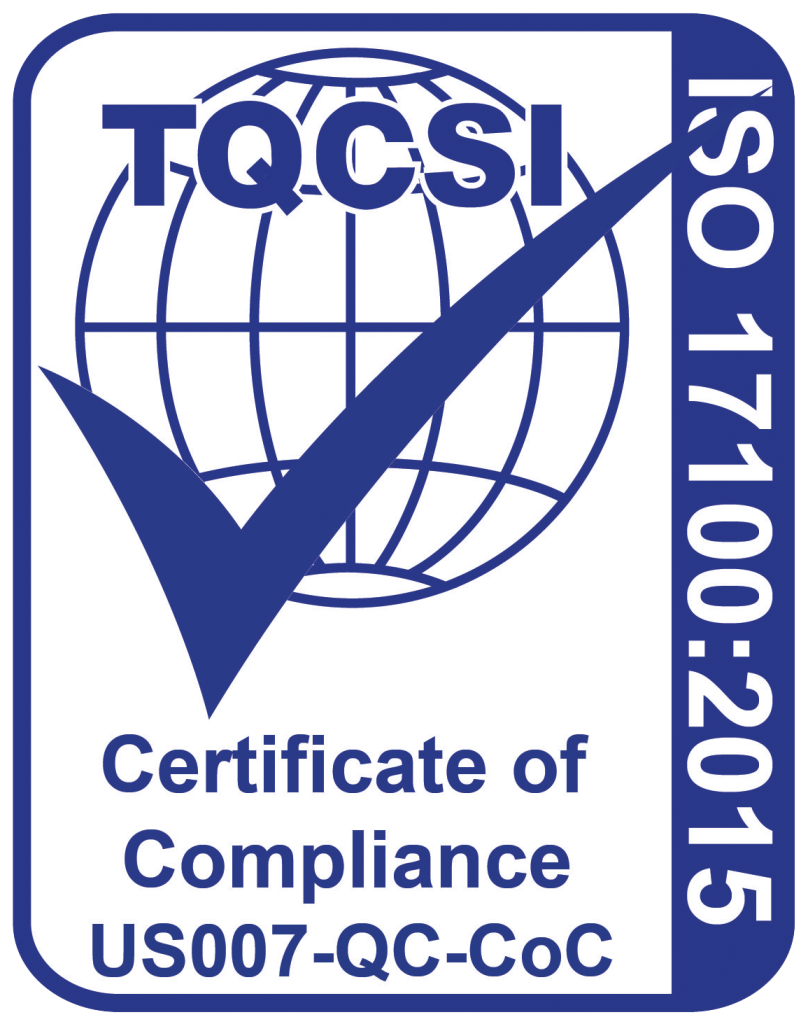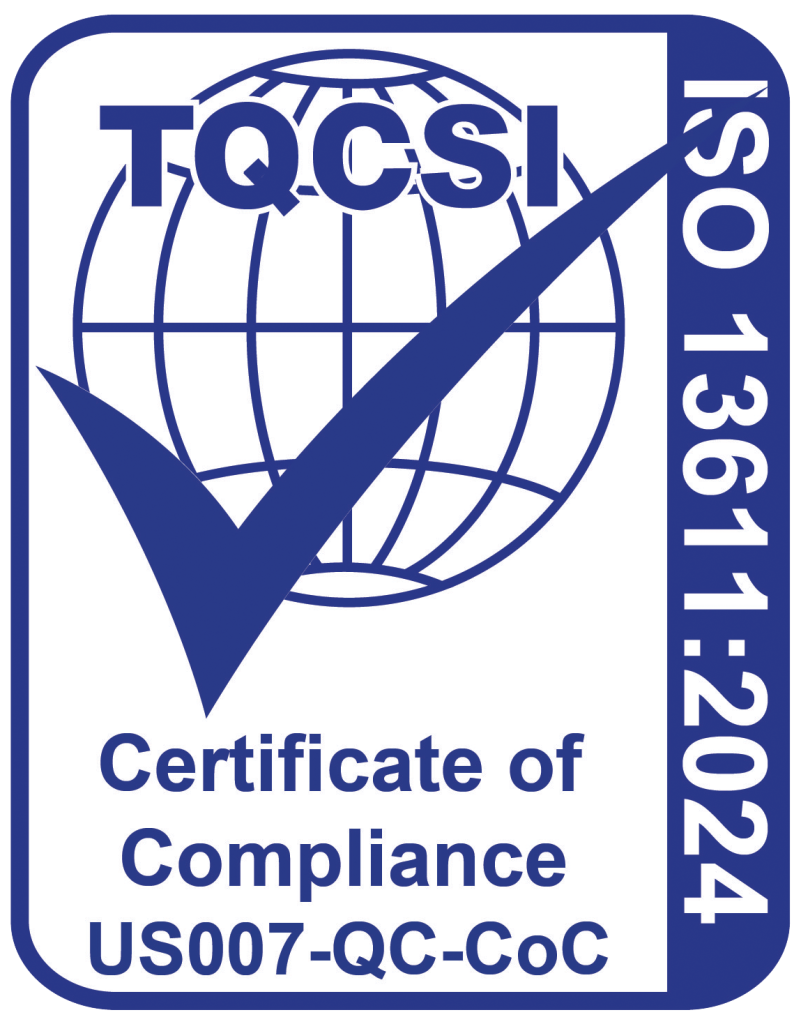The healthcare industry is undergoing a significant transition, moving away from traditional fee-for-service models towards value-based care (VBC). Accelerating since the pandemic, the shift to VBC models is driven by the goal of enhancing patient-centered care while reducing costs and improving outcomes and has been fueled by VBC investors and government programs. In 2021, the Center for Medicare and Medicaid Innovation issued a white paper with an ambitious goal of shifting 100 percent of Medicare beneficiaries into an accountable-care relationship by 2030. This shift isn’t just about altering payment structures; it’s a fundamental reorientation towards more efficient, effective, and patient-centered healthcare services.
“Implemented well, [value-based care models] can improve system economics, enhance care quality and outcomes, and strengthen physician alignment.”
McKinsey & Company
The Importance of Cultural Competency in Value-Based Care
A critical area where VBC can make substantial improvements is in treating patients with Limited English Proficiency (LEP). Research indicates that language concordance between healthcare providers and patients greatly boosts patient satisfaction, engagement, and outcomes. However, LEP patients often experience poorer healthcare quality and outcomes compared to their English-speaking counterparts. This discrepancy highlights the necessity of cultural competency in healthcare. It not only elevates care quality for all patients but is particularly beneficial for LEP patients, enhancing metrics that impact a facility’s performance in Centers for Medicare and Medicaid Services programs like:
- Hospital Readmission Reduction Program
- Value Modifier Program (also called the Physician Value-based Modifier Program)
- Hospital-acquired Conditions Reduction Program
- Skilled Nursing Facility Value-based Purchasing Program
Driving Healthcare Metrics Through Cultural Competency
Cultural competency offers numerous benefits, especially for LEP populations. It allows healthcare providers to communicate effectively, comprehensively address patient needs, and make informed decisions swiftly. An analysis by McKinsey found savings of 3–20 percent in medical spend across various lines of business and value-based payment models, illustrating the financial benefits of effective patient care which includes cultural competency.
Physicians under fee-for-service (FFS) models are compensated based on volume rather than value and often lack the support and tools they need for improving the quality and efficiency of care. A Deloitte Insights article, “Equipping Physicians for Value-Based Care,” presented survey findings from 2014 to 2020, revealing that less than half of all physicians feel comfortable discussing costs with patients. It suggested three parallel initiatives for the healthcare industry, two of which benefit directly from effective language access through interpreters, translated materials, and culturally competent staff:
- Reorient physician compensation from volume to value and hold physicians accountable for outcomes.
- Give physicians easy-to-use tools for decision-making and performance improvement.
- Build care management capabilities, such as multidisciplinary coordinated care teams, risk stratification, care navigation, and site-of-care optimization.
Tangible Benefits of Cultural Competency
Integrating cultural competency into healthcare systems yields several positive outcomes:
- Optimal Integration of Interpreting Services: Interpreting services become a vital part of the patient journey, ensuring that patients receive care in their preferred language, thus improving patient outcomes.
- Easier Access for Patients: Patients, especially those with Limited English Proficiency (LEP), find it easier to access healthcare services. They receive materials in their preferred language and are connected to professionals who speak their preferred language. Challenges such as the need for medical interpreters, unfriendly patient portals, and privacy concerns are more effectively addressed.
- Early Recognition of Cultural Issues: Healthcare providers are trained to recognize and address potential cultural issues early in the patient journey.
- Improved Patient Communication: Providers communicate in ways that build rapport and trust, enhancing patient engagement and satisfaction.
- Addressing Unique Concerns of LEP Patients: Specific concerns of LEP patients, such as privacy issues related to immigration status, are more sensitively and effectively addressed.
LEP Patient Privacy Concerns
From “Addressing Virtual Care Disparities for Patients With Limited English Proficiency”, The American Journal of Managed Care
During the pandemic when most services went virtual, the Massachusetts General Hospital in Boston recognized that many immigrant patients had “concerns about how their information may be collected and shared with Immigration and Customs Enforcement.” This was a potential barrier to enrollment in patient portals or downloading applications such as Zoom or other virtual visit platforms on smartphones or computers.
What did they do?
“With input from immigrant advocates, health center providers, interpreters, and the Office of General Counsel,” the hospital designed a short low-literacy script that clinicians used with patients that “described ways in which the hospital keeps information secure under the Health Insurance Portability and Accountability Act (HIPAA) and under what circumstances personal and health information is shared with law enforcement (e.g., if there is a valid warrant or other court order).”
The hospital also distributed patient education cards in multiple languages that outlined the rights and protection of immigrants under the US Constitution.
Integrating cultural competency into healthcare systems is more than just a beneficial strategy; it’s an essential component in optimizing the value-based care. Embracing cultural competency allows healthcare providers to markedly enhance patient satisfaction, decrease readmissions, and improve overall healthcare outcomes, especially for patients with Limited English Proficiency. As the healthcare industry evolves and fully adopts VBC models, the significance of cultural competency in providing high-quality, patient-centered care will become ever more crucial.
About MasterWord
MasterWord, ranked in the top 8 interpreting providers globally by CSA Research, enhances patient-centered care by delivering exceptional language access across 350+ languages, including American Sign Language and rare and indigenous languages. A trauma-informed organization with three decades of experience, MasterWord partners with health care systems, hospitals, and providers for sensitive, confidential, and time-critical language services, compliant with HIPAA, ACA Section 1557, ADA, CLAS, and Title VI.
To discuss how MasterWord can help support your organization with comprehensive language access services and cultural competency training, email Ahmed Abdulmajeed, Strategic Solutions Executive, at [email protected]


